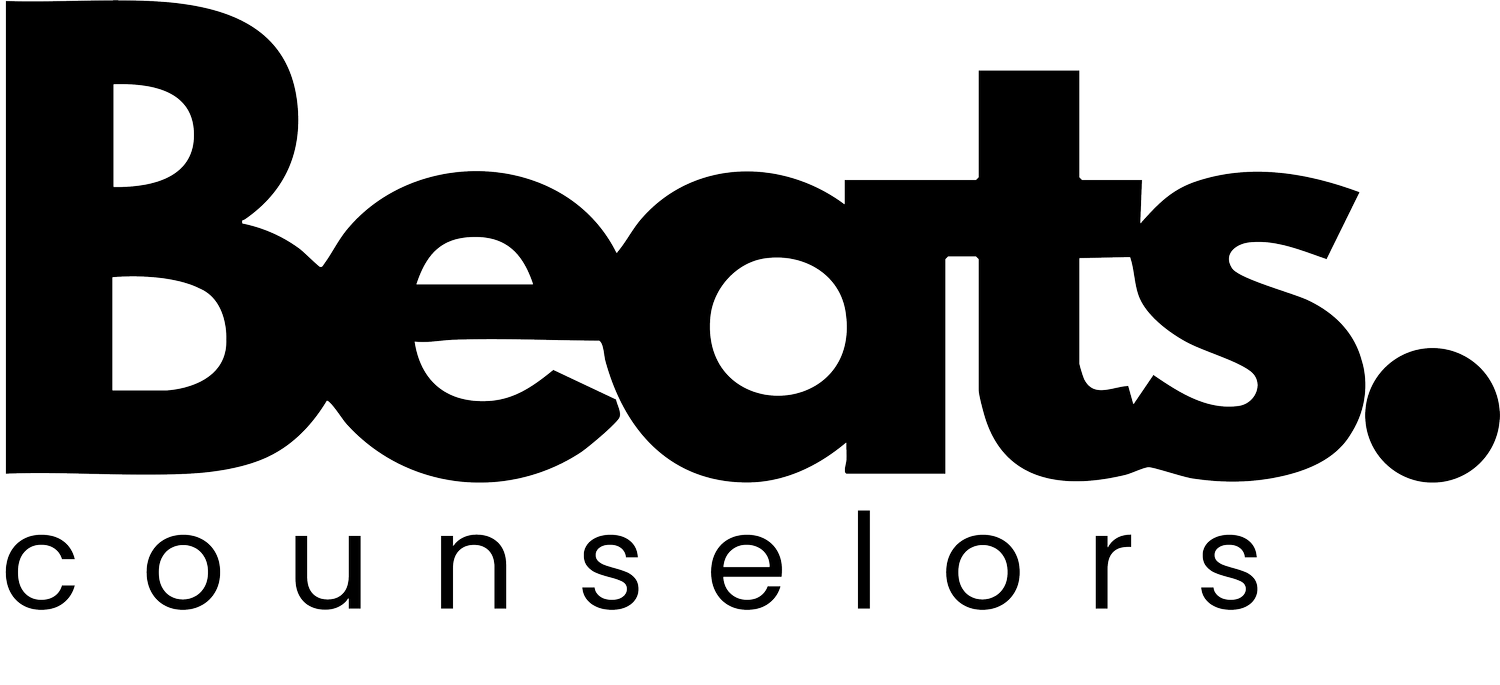How Intellectual Property Functions as a Strategic Asset in Startup Development
Startups often derive most of their value from intangible assets such as innovative concepts, specialized algorithms, distinctive software platforms, and brand identities. Unlike traditional enterprises that focus on physical infrastructure or large-scale manufacturing, a startup’s worth is closely tied to the uniqueness and exclusivity of its intellectual capital.
I. Strategic Goals of IP: Meeting Startup Needs
Establishing a comprehensive intellectual property (IP) protocols goes beyond simply stopping others from copying your ideas. In fact, an effective IP framework is vital for legitimizing your brand, attracting investments, and fostering long-term market credibility. By securing rights to core innovations, brand identifiers, and confidential data, startups can protect their competitive edge, streamline operations, and open valuable revenue channels. The following points detail how an IP strategy meets some of the most pressing needs within the startup ecosystem:
1) Establish a legal identity and credibility:
In an increasingly competitive marketplace, a company’s foremost challenge, regardless of its structure or purpose, is to cultivate a distinct identity. Intellectual property rights (IPRs) provide a range of tools to achieve this goal: a commercial name to differentiate the legal entity, a trademark to protect products or services, a domain name for a coherent digital presence, and geographical indications to highlight product origin and quality. Establishing a legal identity and credibility begins with brand recognition. By registering trademarks, logos, and domain names, a startup solidifies its public image, fostering consumer awareness and minimizing confusion with competitors. This also signals professional status, demonstrating to investors, clients, and partners that the startup is compliant, capable, and ready for growth.
2) Secure exclusive rights over core innovations:
A second major issue that many startups encounter is a lack of awareness about how to protect their ideas, inventions, and creative works. This often leads to situations where fledgling businesses see their concepts appropriated by others, simply because they did not implement appropriate measures or strategies for safeguarding their intellectual property. For startups founded on innovative ideas, methods, and algorithms, this oversight can be especially damaging. While some creations may be eligible for registration under patent or automatic protection by copyright law, others, particularly abstract concepts and processes, are best protected through trade secrets, confidentiality agreements, and strong internal policies. In this regard, intellectual property law provides a broad array of tools that can help startups shield their most valuable intangible assets, ensuring they maintain a competitive edge and secure the long-term viability of their core innovations: Technological safeguard: Patents protect the functionality of an invention, effectively blocking others from making, using, or selling the same innovation without permission. Software and design protection: Copyright and design rights ensure that coding structures, UI/UX, and other creative outputs cannot be replicated. Competitive edge: Exclusivity provides a crucial head start in fast-moving industries, helping a startup claim market share before imitators appear.
3) Enhance business value and investor appeal:
Intellectual property (IP) laws do more than stop others from copying your work. They grant a temporary monopoly that helps you earn money from your creations. From the start, IP laws were meant to let creators make a living from their ideas, which encourages more innovation and expands collective knowledge. When used wisely, IP tools help businesses and inventors generate revenue, secure funding, and protect their long-term interests.
Proof of Innovation : A well-organized IP portfolio shows that your startup invests in research and development. It also proves your solutions are new and that you’re ready to defend them.
Monetization Potential : IP rights can be licensed, sold, or used as collateral, offering either quick or long-term income. With licensing agreements and strategic partnerships, creators and companies can keep innovating while also earning money from their ideas.
Exit Strategy : Valuable IP assets often speed up mergers, acquisitions, or public offerings. A strong IP position boosts your company’s worth and simplifies due diligence, reassuring potential buyers or investors about future growth.
Key Takeaway: IP is more than a legal formality. It is a protective shield, brand differentiator, and financial driver that keeps a startup’s creativity and market focus intact.
II. The Universal Roadmap for IP in Startup Development
Although each startup is unique the process of creating a solid IP strategy often follows five interrelated steps This IP roadmap helps founders identify protect enforce and profit from intangible assets in a structured way. Each step builds on the previous one ensuring that startups cover all essential aspects of managing their intellectual property from figuring out which ideas deserve protection to exploring how to monetize them effectively. By following this framework startup teams can stay ahead of IP challenges align their strategies with core business goals and maintain a competitive edge in the marketplace.
Step 1: Identify your assets internal audit
Create a thorough inventory of all proprietary ideas, processes, brands, and data. This may include patentable inventions, trade secrets, artistic designs, or distinctive brand elements.
Cross-Functional Approach: Involve engineering, marketing, operations, and legal teams to ensure no valuable intangible resource is overlooked.
Prioritization: Rank assets by their contribution to current and future revenue, market differentiation, and vulnerability to imitation.
Example: A mobile app startup might identify unique algorithms that personalize content, distinctive UI designs, a catchy brand name, and a user database containing specialized behavioral data.
Step 2: Choose the right protection tools patents
Ideal for novel, non-obvious, and industrially applicable inventions. They grant a time-limited monopoly but require public disclosure of the invention’s details.
Trademarks: Secure your brand identity by registering names, logos, and slogans. This helps cultivate brand loyalty and reduce confusion in the marketplace.
Copyright: Automatically applies to original works of authorship, including code, documents, images, and videos. Formal registration can strengthen legal enforcement in certain jurisdictions.
Design Rights: Protect the unique aesthetic or ornamental aspects of a product, preventing others from copying the look and feel.
Trade Secrets: For confidential business know-how, formulas, or methods not publicly disclosed. Maintaining secrecy is crucial—NDAs, password protection, and secure data storage reduce risk.
Tip: Use a blend of IP forms. For example, a startup might apply for a patent on a new hardware sensor while keeping the data analytics algorithm behind it as a trade secret.
Step 3: File and register documentation
Ensure your application meets all formal requirements—full specifications for patents, distinctive brand elements for trademarks, and verifiable authorship for copyrights.
Regional Considerations: Register IP in major markets relevant to your startup. For instance, consider international systems like the Patent Cooperation Treaty (PCT) or the Madrid System for trademarks.
Record-Keeping: Keep an organized repository of certificates, official notices, and filing dates to streamline renewals or enforcement actions.
Example: If your startup plans to operate in Europe, obtaining an EU trademark (via EUIPO) will be more efficient than filing individual trademarks in each country.
Step 4: Monitor and enforce vigilance:
Use watch services, Google Alerts, or specialized platforms to monitor potential infringements. This is especially vital for trademarks and online content.
Infringement Response: Respond promptly with cease-and-desist letters or complaints to administrative bodies. If necessary, escalate to litigation.
Defensive Tactics: Stay updated on competitor filings. Oppose similar trademarks or patents that may dilute your rights or cause confusion.
Key Point: Consistent monitoring and swift action deter infringers and maintain the integrity of your IP portfolio, preserving consumer trust and market share.
Step 5: Commercialize and monetize licensing
License your IP to third parties for royalties, enabling you to gain revenue without direct production.
Joint Ventures: Combine protected technology with a partner’s resources. This approach spreads risk and accelerates time-to-market.
Franchising: If your brand or business model is easily replicated, franchising can rapidly expand your footprint.
Collateralization: Use IP as security for loans or venture capital deals, thereby opening additional funding channels.
Strategic Sales: In some cases, selling patents or entire IP portfolios can yield immediate capital or facilitate a pivot.
Example: A startup with a patented biometric sensor might license it to multiple smartphone manufacturers. Meanwhile, it retains the secret algorithm that interprets the sensor’s raw data as a trade secret, generating dual revenue streams.
By following this five-step IP roadmap, startups can do more than avoid legal disputes They can also build lasting value around their core ideas. Each step connects seamlessly to help founders identify their intangible assets secure the right type of protection watch for any signs of infringement and explore revenue opportunities from their innovations. This integrated approach not only defends against copycats but also strengthens trust among investors customers and partners. Ultimately strong IP management sets startups apart in crowded markets ensuring sustainable growth while preserving their original vision.
At Beats Counselors we have guided many Moroccan startups that now lead their markets in protecting their IP and intangible assets. Our team merges legal expertise with strategic insight to develop tailored IP strategies that promote sustainable business growth.
Contact us to learn how we can help secure your intangible assets boost your startup’s market standing and safeguard your competitive edge


